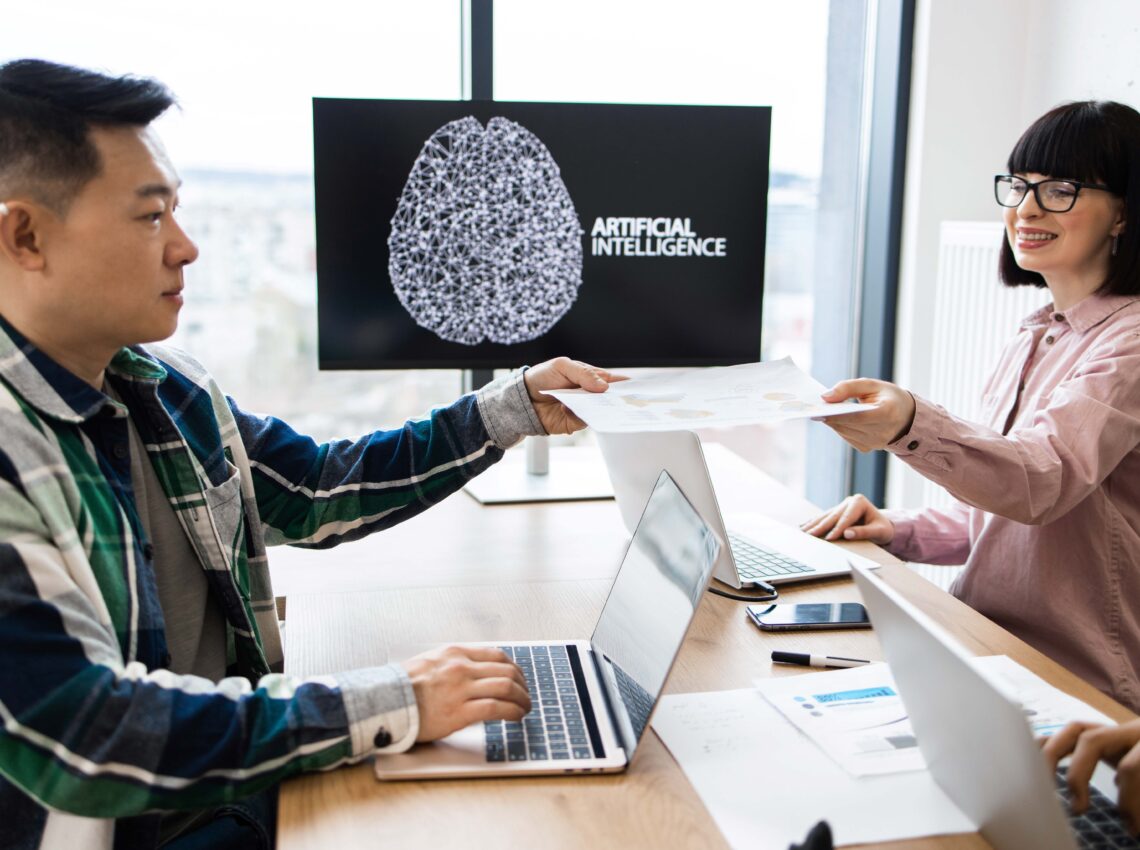
Generative artificial intelligence has become part of everyday life. In 2025, it will be used by employees worldwide, from IT to marketing, sales to customer support.
We read a comprehensive study by Salesforce that analyzed data from more than 4,000 US, UK, India, and Australia professionals. Below are the most interesting findings, summarized and to the point.
Who Uses Generative AI and How
AI is actively integrated into work processes, especially among the younger generation. Here are the key figures:
- 73% of users in India already use generative AI
- 49% in Australia
- 45% in the US
- 29% in the UK
Among all users:
- 65% are millennials and Gen Zers
- 72% are employed
- 52% have started using AI more often since they first encountered it
- 60% use it to automate tasks at work
Users are confidently moving towards mastering the new technology. Six out of ten believe they already have a good understanding of AI. More and more people are using it not out of interest but as an efficiency tool.
Where AI is Most Beneficial
The IT industry is leading the way in terms of adoption rates.
Executives are confident that generative AI will become a key part of their work:
- 86% of IT leaders expect AI to grow in importance over the next 18 months
- 57% call AI a breakthrough
- 67% plan to make it a priority
- 99% believe companies should take steps now to ensure the ethical and safe use of the technology
AI is already being used as a fully-fledged working tool in marketing:
- 76% of marketers use it to write texts and generate ideas
- 71% believe it will help them focus on strategy
- 54% note the importance of corporate training for practical application
The technology is not yet widely implemented in sales departments, but the initial results are impressive:
- 84% of salespeople who are already using AI report an increase in sales
- 71% use it for personalized emails
- 61% believe that AI will help improve customer service
Support services are still cautious, but they also see the potential:
- 90% of support staff who use AI report an increase in service speed
- 68% use it to create responses for customers
- 48% are confident that AI will improve the customer experience
What Prevents AI from Being Used More Actively
Despite active implementation, significant challenges remain:
- 70% of employees want more information about the technology
- 64% expect security guarantees
- 54% do not know how to use AI correctly in their work
- 73% believe that the technology requires additional data protection

Employees who trust AI are four times better at understanding how it works. Trust and training are the foundation of successful integration.
Companies seeking to implement generative AI in their processes start by building a reliable trust infrastructure. First, they develop clear and transparent rules for using the technology: employees must understand precisely where and how AI can be used to avoid mistakes and misunderstandings.
At the same time, cybersecurity is being strengthened. Increasing attention is being paid to protecting user and corporate data, especially when working with sensitive information. Security is becoming a basic requirement for any AI product.
The third element is maintaining human control. Even the most advanced algorithms require verification and involvement from specialists. This applies to both content generation and decision-making based on AI prompts.
Finally, companies are prioritizing working only with verified data sources. A reliable database is the foundation for accurate and secure results, especially in marketing, analytics, and customer support.
The conclusion is simple. AI is already a necessity. It helps create content, sell, analyze data, and communicate with customers. Building trust, training employees, and implementing technology wisely are essential to unlock its full potential.